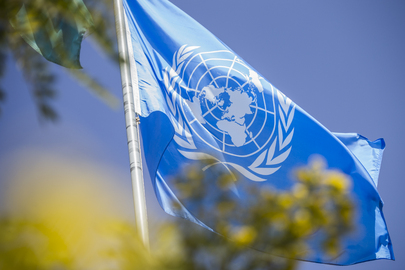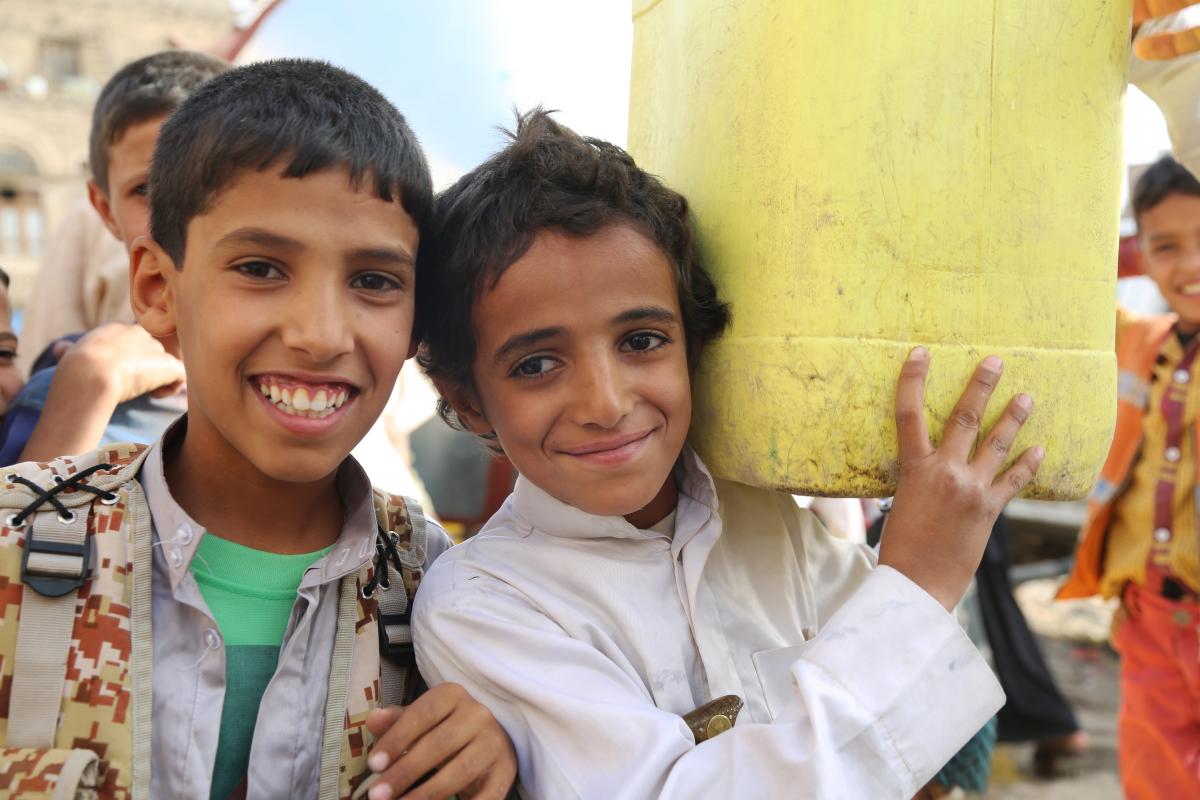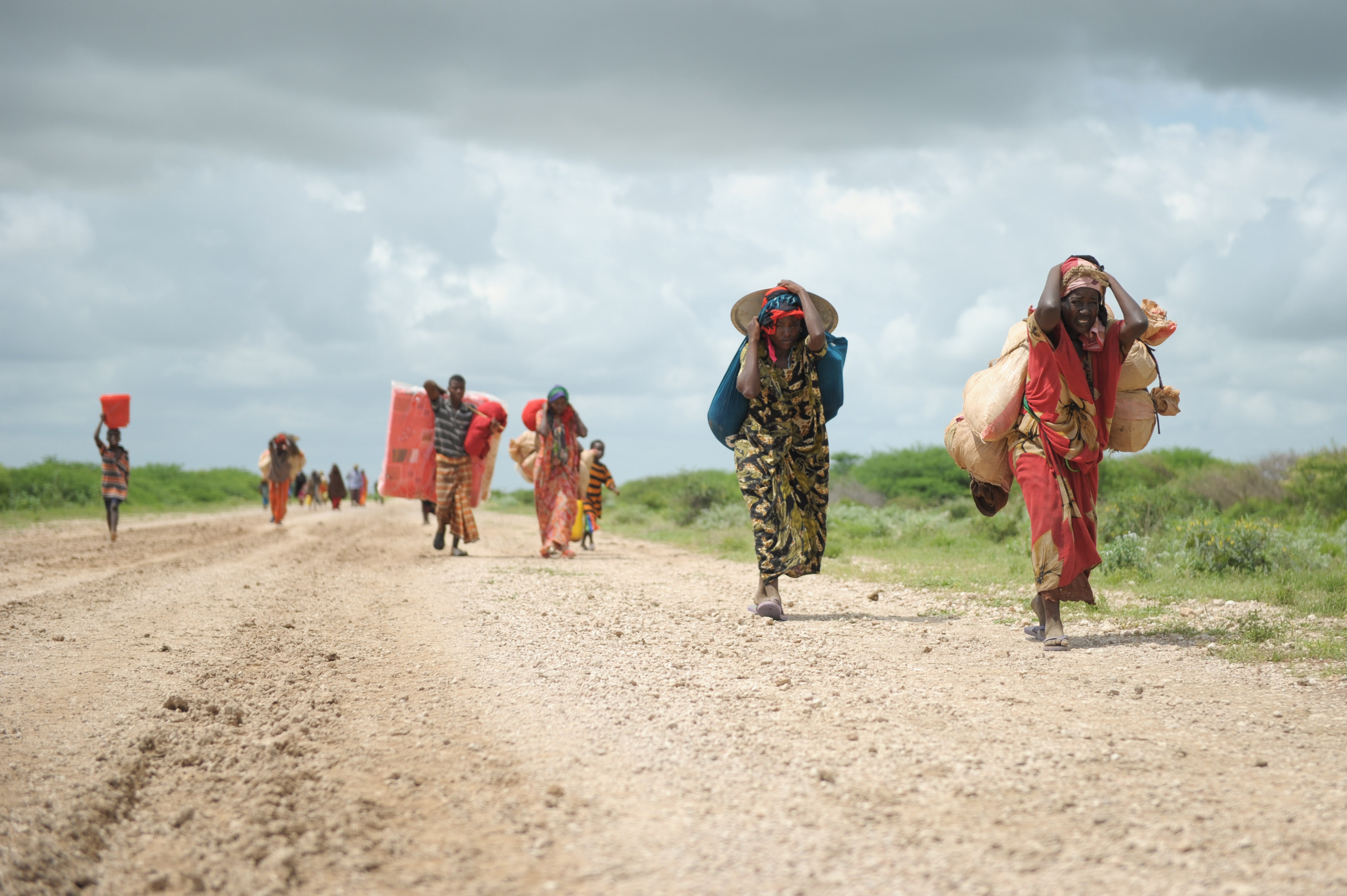
The Joint Steering Committee to Advance Humanitarian and Development Collaboration (JSC) is a critical mechanism to promote greater coherence of humanitarian and development action in crises and transitions to long-term sustainable development and in reducing vulnerabilities to build resilience.

The New Way of Working (NWOW) calls on humanitarian and development actors to work collaboratively together, based on their comparative advantages, towards ‘collective outcomes’ that reduce need, risk and vulnerability over multiple years.
Workshop Reports
- West and Central Africa Regional Policy Dialogue: The New Way of Working - from delivering aid to ending need (Dakar, January 2017, PDF)
- High-Level Workshop on the New Way of Working: Advancing Implementation (Copenhagen, 13-14 March 2017, PDF)
- WHS High-Level Anniversary Event: Advancing the New Way of Working (Istanbul, 18-19 May 2017, PDF)
- Summary Report of Multi-Stakeholder Regional Workshop on the New Way of Working for East/Southern Africa (Entebbe, 30 November - 1 December 2017, PDF)
- High-Level workshop on Operationalizing and Financing Collective Outcomes (Washington DC, 8 March 2018, PDF)
- Multi-stakeholder Regional Workshop on the New Way of Working (Dakar, 31 May - 1 June 2018, PDF)


